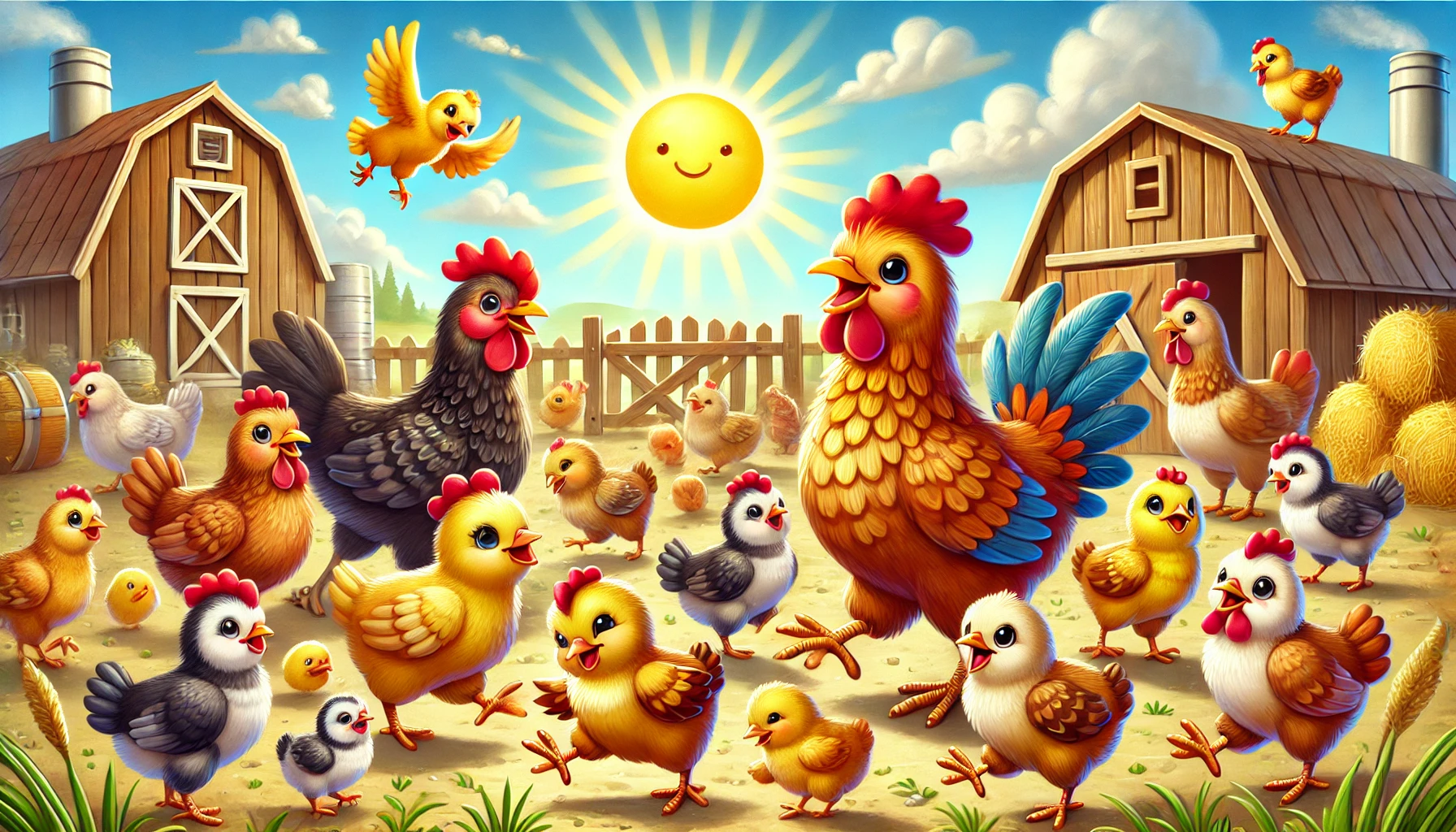Interesting Facts About Chickens and Their Behavior
Interesting Facts About Chickens and Their Behavior
Table of Contents:
- Introduction to Chickens and Their Behavior
- The Different Breeds of Chickens
- How to Raise Chickens in Your Backyard
- The Role of Chickens in Sustainable Farming
- How to Care for Chickens and Ensure Their Health
- Conclusion: Understanding the Unique Nature of Chickens
Interesting Facts About Chickens and Their Behavior
Chickens are one of the most common domesticated animals in the world, valued for their eggs, meat, and companionship. Known for their curious and social nature, chickens are fascinating creatures with a variety of behaviors that can be observed in both farm and backyard settings. In this article, we will explore interesting facts about chickens, their behavior, and their role in farming and homesteading.
1. The Different Breeds of Chickens
There are hundreds of breeds of chickens that vary in size, color, egg-laying abilities, and personality traits. Some popular breeds include the Rhode Island Red, known for its hardy nature and excellent egg production, and the Leghorn, which is famous for laying large white eggs. Other breeds, such as the Silkie, are known for their fluffy plumage and calm, friendly behavior, making them great pets. Each breed of chickens is unique, with some being bred specifically for meat production (broilers) and others for egg-laying (layers). Understanding the characteristics of different breeds of chickens can help you choose the right type for your needs, whether you’re raising chickens for eggs, meat, or companionship.
2. How to Raise Chickens in Your Backyard
Raising chickens in your backyard has become increasingly popular, as they provide fresh eggs, natural pest control, and even garden fertilizer. To raise chickens successfully, you’ll need to provide a secure coop to protect them from predators, with enough space for each bird to move around comfortably. Backyard chickens also need a balanced diet of grains, fresh greens, and occasional treats like fruits and vegetables. Chickens are social animals and should be kept in small flocks, as they thrive when interacting with other birds. Providing them with clean water, a dust bath area to keep their feathers in good condition, and plenty of space to forage will ensure that your chickens stay happy and healthy.
3. The Role of Chickens in Sustainable Farming
Chickens play a vital role in sustainable farming by contributing to a closed-loop system that reduces waste and improves soil health. As omnivores, chickens help control pests by eating insects, worms, and even weeds. Their droppings are rich in nitrogen, making excellent fertilizer for gardens and crops. When allowed to free-range, chickens can till the soil as they scratch for food, aerating it and helping to prepare the ground for planting. In a permaculture system, chickens are often used as part of rotational grazing practices, where they are moved to different areas to fertilize the land while avoiding overgrazing. Their role in reducing the need for chemical pesticides and synthetic fertilizers makes chickens a key component of sustainable agriculture.
4. How to Care for Chickens and Ensure Their Health
Caring for chickens requires attention to their basic needs, including food, shelter, and protection from predators. A sturdy, well-ventilated coop is essential for keeping chickens safe at night, while an outdoor run or fenced area allows them to forage during the day. Chickens should have access to a diet that includes a high-quality feed formulated for layers or broilers, depending on your flock’s purpose. Providing grit and calcium supplements is important for digestion and eggshell strength. Regular health checks for common issues such as mites, lice, and respiratory infections are necessary to ensure that your chickens remain healthy. Vaccinations and parasite prevention programs can also help protect your flock from diseases.
5. Conclusion: Understanding the Unique Nature of Chickens
In conclusion, chickens are more than just farm animals; they are intelligent, social creatures with diverse behaviors that make them a joy to raise. Whether you’re interested in fresh eggs, sustainable farming practices, or simply enjoying the company of backyard chickens, these birds offer numerous benefits. By learning about the different breeds of chickens and how to care for them, you can ensure that your flock thrives and continues to contribute to your household or farm. Understanding their behavior and role in ecosystems can deepen your appreciation for these versatile and valuable animals.

<ⓒ WizardMedics (wizardmedics.com)>


